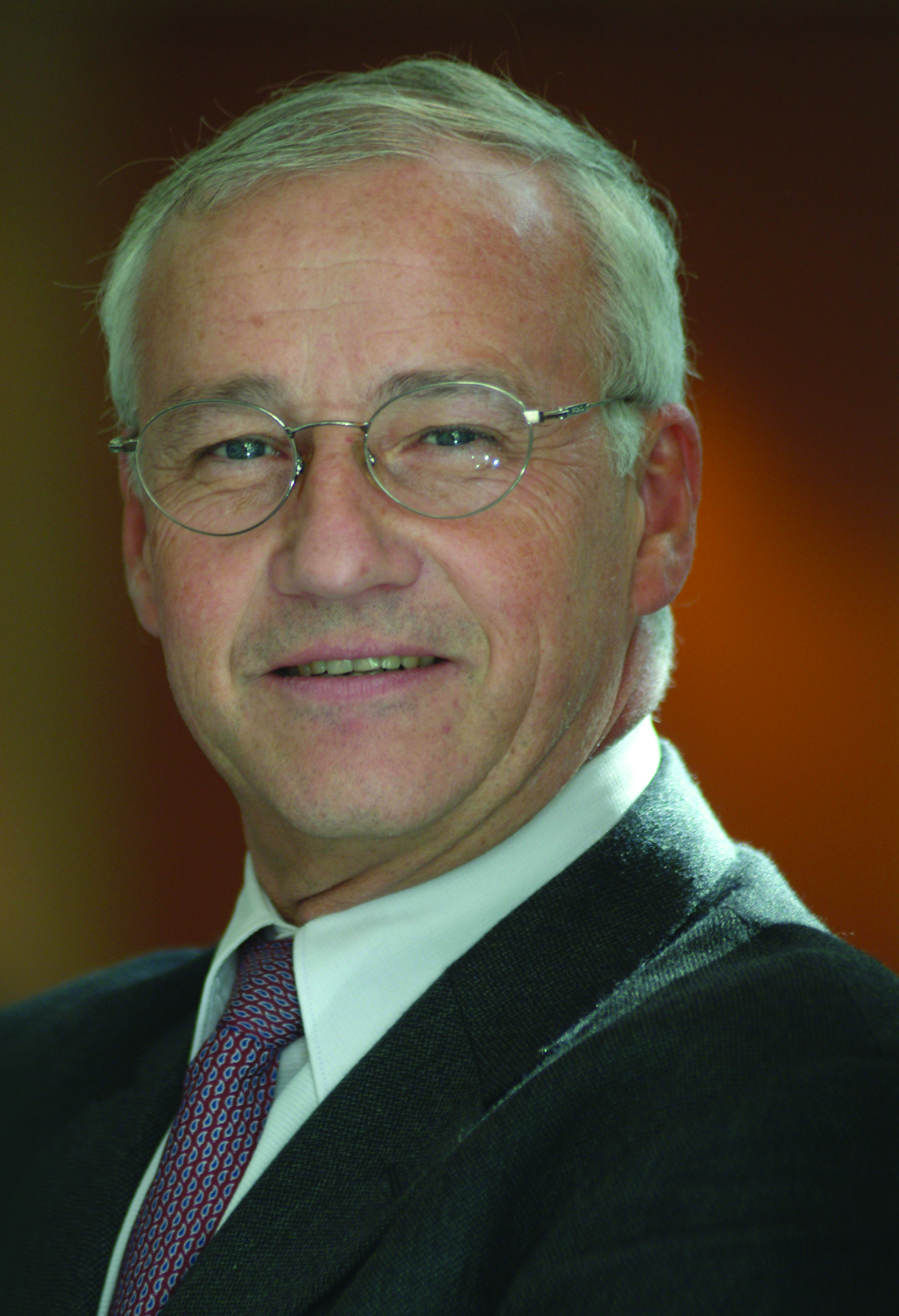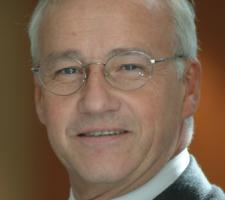
At the end of his two year stint as president of the European Aggregates Association, Didier Audibert tells Paul Howard about what's been achieved and what remains to be done
Even after two years as
"In Europe it's the most-used product per capita after water - we use 3 billion tonnes per annum in the EU alone. As such it's essential to the economic vitality and social well-being of Europe, but people don't appreciate this," he exclaimed. "As a result the UEPG engages in positive lobbying to make people at European decision-making level aware of the industry's importance and of the need to manage it carefully." Given this remit it is appropriate that one of the themes of Audibert's tenure has been health and safety, something for which the industry is often wrongly berated. "This is something I hold close to my heart as an absolute priority". The most notable achievement of the past two years has been the development and signing of a voluntary agreement - with 14 other industries - on protection against the risks associated with exposure to respirable crystalline silica.
According to Audibert this is a unique arrangement at European level, and one that obviates the need for regulation or legislation. "This agreement demonstrates to the Commission that it doesn't need to legislate as the industry is already aware of this issue and is taking appropriate steps." And he is adamant that the structure is in place to ensure such a voluntary arrangement can actually deliver. "The message goes from the UEPG to national organisations and then to their member companies and onto their sites. Then there's a reporting process to bring proof back up to European level that these guidelines have actually been implemented." This reporting process happens every two years, with the first due to be received by the
Whatever the mechanics of the arrangement, an agreement of some nature is vital. "Exposure to crystalline silica could be serious if we don't do anything about it," said Audibert. "People could be contaminated without knowing, and become ill simply for want of being aware of the risk or because people did nothing." On the same theme, another milestone achieved in the past two years has been the publishing of a best practice guide to health and safety. "The UEPG acts as a roundtable for the whole industry and this guide aims to establish a baseline for the steps people and companies should take to help them assess risk and prevent accidents."
As for the future, Audibert thinks green issues and sustainability will continue to come to the fore and the challenge for UEPG, and the industry in general, is to persuade people that the aggregates industry is part of the solution, not part of the problem. "We produce 3 billion tonnes of aggregates per year because society demands it," he pointed out.
The answer, he said, is to encourage recycling, but not to see it as a panacea. "We're making great strides in the process of creating standards and norms for the use of recycled products, but they can only ever amount to a proportion of what society needs." The real issue, he insisted, is the effective management of vital resources to ensure their supply in the long term.
"We need to know we can plan for new sites, and we need to be able to reassure people that opening sites is a good thing: providing them with the resources they need, and in the process being of benefit to the environment.
"We can't say we won't change the environment, but we can say that aggregates extraction can change it in a positive way, by increasing biodiversity, for example. We've got to get away from NIMBY (not in my back yard) to PIMBY (please in my back yard). Then our job will have been done"









